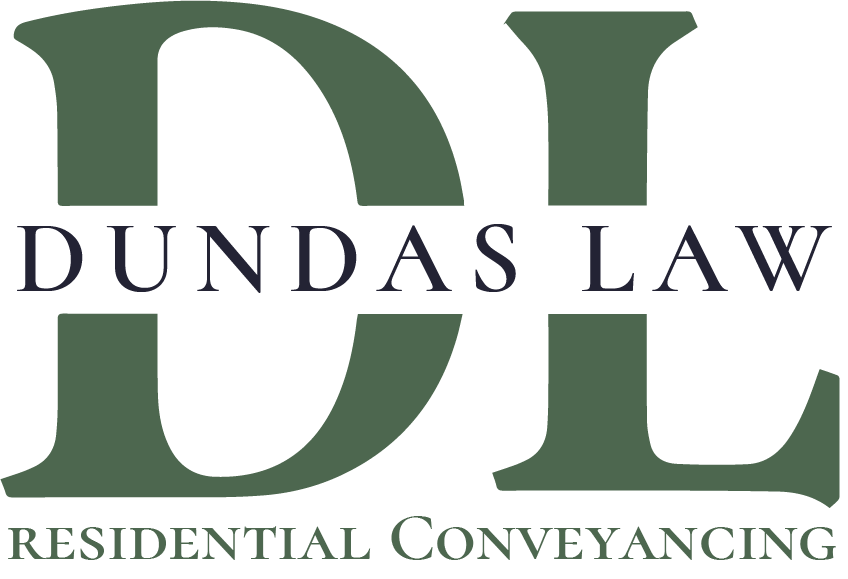Explaining How Conveyancing Fees, Searches and Additional Costs Work
Conveyancing fees, searches and additional costs
There will be a number of additional costs which have to be paid at the outset of your conveyancing transaction in addition to the cost of the legal advice.
This guide explains these additional costs (known as disbursements) and gives an approximate indication of costs or details of where the costs come from.
Your conveyancer usually has to pay these costs on your behalf, so will ask you for money on account in advance or for a reimbursement in your final bill.
Our fees and charges
Our fees cover the work normally required to complete the purchase of your new home, to include dealing with registration at the Land Registry and the payment of any Stamp Duty Land Tax (Stamp Duty) if the property is in England, or Land Transaction Tax (Land Tax) if the property you wish to buy is in Wales.
Our fee quotation assumes that no unusual or unforeseen matters arise during the transaction.
Examples of such unusual circumstances include, but are not limited to:
• international property
• unusual funding, such as Islamic or the bank of Mum and Dad
• purchase via an auction, part-exchange, help-to-buy, buy-to-let, or shared ownership
• a defect in title which requires a remedy prior to completion
• missing documents
• problems with building regulations or planning permission
• preparation of additional documents ancillary to the main transaction
Our quotation also assumes the following:
• if leasehold, this is the assignment of an existing lease and is not the grant of a new lease
• the transaction is concluded in a timely manner, all parties to the transaction are co-operative and there is no unreasonable delay from third parties providing documentation
• no indemnity policies are required
Searches
Searches have to be paid for in many types of property transactions including buying, selling, re-mortgaging or transferring ownership of a property. Your conveyancer will explain which ones are needed in your case and will set out the costs in your quotation at the outset.
The most common searches are as follows, with indicative costs:
• Bankruptcy searches - £2 per person
This checks whether any of the buyers or sellers are currently bankrupt, are an undischarged bankrupt or are about to be made bankrupt by virtue of any pending court actions.
• Environmental search - £35 - £40
This asks the Local Authority to investigate and report on whether the property could
be in an area affected by flooding, subsidence or historic industrial contamination.
• Drainage search - £50 - £60
This asks the relevant water authority to confirm whether the property is connected
to the mains sewer, and to identify the location of the fresh and foul water supply.
• Local searches - £80 - £150
Your conveyancer will use their local knowledge to confirm which local search you will need. A standard local authority search will reveal whether any legal restrictions or obligations affect the property. These include tree preservation orders, smoke control orders, as well as the property’s planning and building enforcement history. It will also reveal whether the property is in the vicinity of any planned major infrastructure projects such as HS2 and Crossrail.
• Mining search - £40 - £50
This is to find out if the property is built on or near land that was affected by mining and can include a search for mine shafts and subsidence.
• Chancel liability search - £15
This checks if there is any historic obligation to contribute to the repair of the local church. If so, your solicitor may suggest insurance to cover any risk revealed by the search.
Other costs (disbursements)
• Office copies and title plan (Official Land Registry Copies) - £6
This checks that the property matches the details held at the Land Registry and confirms the identity of the legal owner, and their entitlement to sell it.
• Identification and anti-money laundering checks - £5 per person
This verifies the identification of each person who is a buyer or seller in this transaction and is required under the Anti Money Laundering Regulations.
• Leasehold fees – dependent on the terms of the lease - £200
If the property is leasehold, the freeholder may charge fees to release the seller and transfer to the new owner. There may also be extra fees from your mortgage provider and the management company of the property.
• Telegraphic transfer fee - £30
This is the fee charged by your bank to transfer the money electronically to allow you to buy the property or remortgage.
• Land registration fee - £20 - £910
This is to register the new owners and mortgage details for the property with the Land Registry. The cost depends on the price of the property.
https://www.gov.uk/guidance/hm-land-registry-registration-services-fees
Stamp Duty Land Tax
This is tax charged by the government on completion of the purchase of a property. You can check how much you may need to pay using either:
• the HMRC Stamp duty calculator; or if the property is in Wales (https://www.tax.service.gov.uk/calculate-stamp-duty-land-tax/#/intro)
• the Welsh Revenue Authority's website.
However, the rules around stamp duty are complex, particularly if you own any other properties. Your conveyancer will calculate the correct amount that you will need to pay and detail it in your quotation.
Referral fees
If you have been referred to us by an estate agent or similar, a referral fee may be payable by us which we deduct from our profits. There is no impact on the cost we quote to you. If a referral fee is payable, we provide the details when we are instructed by you.
